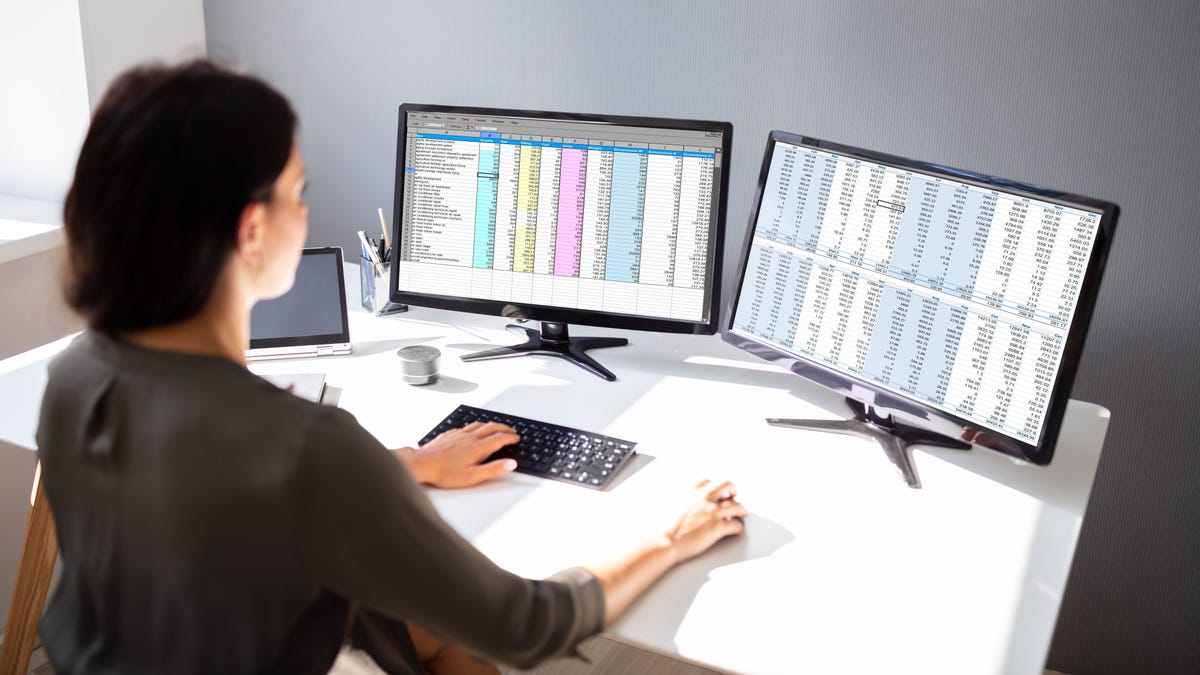Preserve Data From Your Apps on a Spreadsheet - 3 minutes read
 Preserve Data From Your Apps on a Spreadsheet
Preserve Data From Your Apps on a SpreadsheetI use a lot of different tools and apps to manage both my workflow and my personal life: Airtable for scheduling, Toggl for time-keeping, YNAB for budgeting, RescueTime for productivity tracking, Fitbit for health tracking, and Exist to sync and synthesize the data I get from my other apps and draw correlations between activities and habits. (Believe it or not, Exist reports that I get more productive work done during the day when I don’t check email after work. I’m also more productive when I consume more protein, for whatever that’s worth.)
And then I have a spreadsheet.
My spreadsheet recaptures much of the information collected by my apps—workflow, scheduling, finances, health, and so on—in a document that I both control and update myself.
I started developing this spreadsheet in 2013, and am now beginning my sixth year of record-keeping. The current version of the spreadsheet includes separate sheets for my daily schedule and workflow, my Getting Things Done action item list, my finances, my meal planning, and my health.
Why do I keep a separate spreadsheet in addition to all of the apps that automatically collect data on my life, and why do I manually duplicate so much of that data within the spreadsheet?
Because I’ve been around long enough to know that apps come and go. Companies shut down, features change, products are taken in a different direction.
And, although I’ve also been around long enough to know that even personal records don’t last forever (ask me about the stack of CDs and floppy disks that my current laptop is not designed to read), I’d rather manage this data myself than entrust it entirely to an app.
In the Harvard Business Review, Alexandra Samuels argues that while productivity apps can be great work-management tools, we should also be keeping track of our own data:
While I understand that my current spreadsheet system will someday be as outdated and inaccessible as the spreadsheets I used to create on Microsoft Office 2000, they’ve lasted a lot longer than some of the productivity apps Lifehacker recommended in 2013.
So ask yourself whether it’s time to start capturing your own data within your own systems, even if all you do is export files from your apps and save them to a folder labeled “MY DATA.”
And if you’ve also created your own highly customized life-tracking spreadsheet, let us know!
Source: Lifehacker.com
Powered by NewsAPI.org
Keywords:
Data • Spreadsheet • Tool • Workflow • Toggl • Budget • Productivity • Fitbit • Data • Correlation and dependence • Email • Productivity • Protein • Spreadsheet • Spreadsheet • Information • Workflow • Schedule (workplace) • Finance • Control engineering • Spreadsheet • Records management • Spreadsheet • Workflow • Getting Things Done • Action Item • Time management • Planning • Spreadsheet • Spreadsheet • I've Been Around (film) • Floppy disk • Laptop • Data • Application software • Harvard Business Review • Productivity • Tool • Data • Spreadsheet • Microsoft Office 2000 • Lifehacker • Data • Spreadsheet •